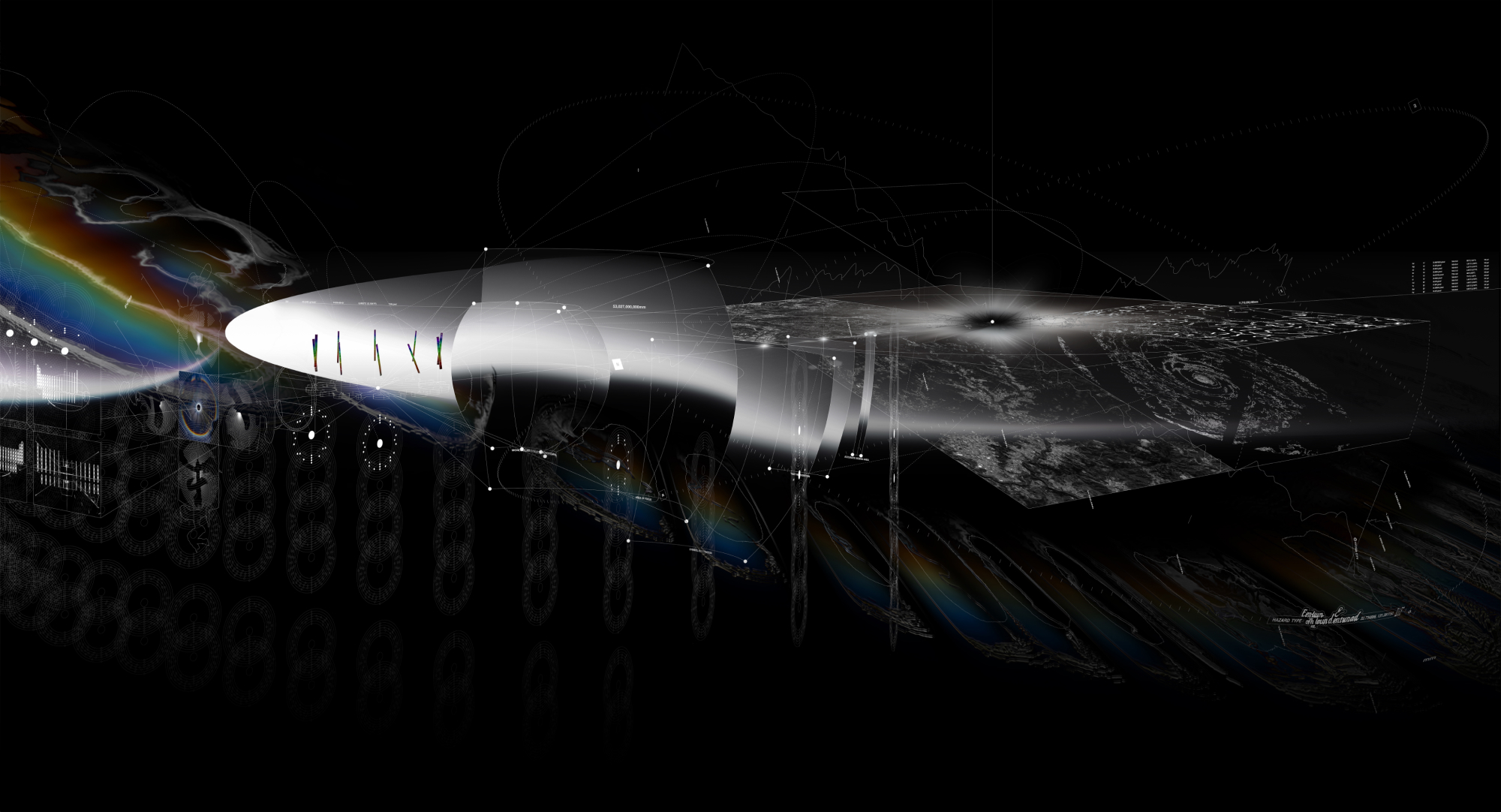M.M.A. -Massive Mesh Ambitions- / Youichiro Miyake, “The Potential of Eastern AI” English version also available

A media project to speculate and discuss about GHOST IN THE SHELL “M.M.A. -Massive Mesh Ambitions-”
The theme of ISSUE #01 is “The East.
Youichiro Miyake, “The Potential of Eastern AI” is now available in English.
There are two sides to AI researcher Youichiro Miyake. One is his role as a specially-appointed professor at the University of Tokyo’s Institute of Industrial Science, a hub of over 120 creative research laboratories with a focus on engineering. The other is his role as a game AI developer for one of Japan’s most prominent global gaming companies. Even as he works with the results of the world’s leading AI research in an academic environment, Miyake also holds a role in the gaming industry – a Japanese subculture where AI is in demand as a sort of “friend” to players. And this informs his statements on major differences in the research and social context relating to AI between Japan and the rest of the world.
In his series of “Philosophy for Artificial Intelligence” books (BNN, Inc.) Miyake coins the terms “Western AI” and “Eastern AI” to express this dichotomy in the field. The former refers to the typical AI that we see gaining popularity in this era, which takes top-down directions in a reductive manner with a focus on words and logic, for an AI defined by functionalism. In contrast, the latter accepts bottom-up directions with an emphasis on bodies and relationality, as a type of AI formed on premises that put “existence” before functionality. This point highlights differences in how Western and Eastern philosophy conceptualize words and concepts. Western philosophy, influenced by monotheism, tends to regard them as closely akin to god, whereas Eastern philosophy considers them as illusory and transient. Miyake’s primary assertion is, broadly, that these distinctions have an impact on acceptance of AI as such, as well as stances on its developments.
Given it exists as an extension from Eastern and Japanese regional traditions and values, what sort of growth potential does current Japanese culture hold as the counter to “Western AI” – a field predicted to face an inevitable impasse in development? For this interview, I spoke with Miyake on a sprawling range of topics relating to “Eastern AI,” ranging from characters to artificial life, body theory, philosophy, Buddhism, and even smart cities.

